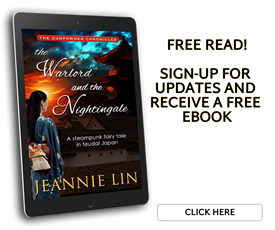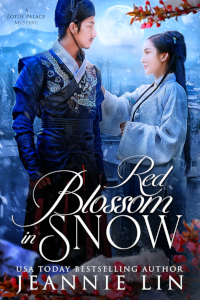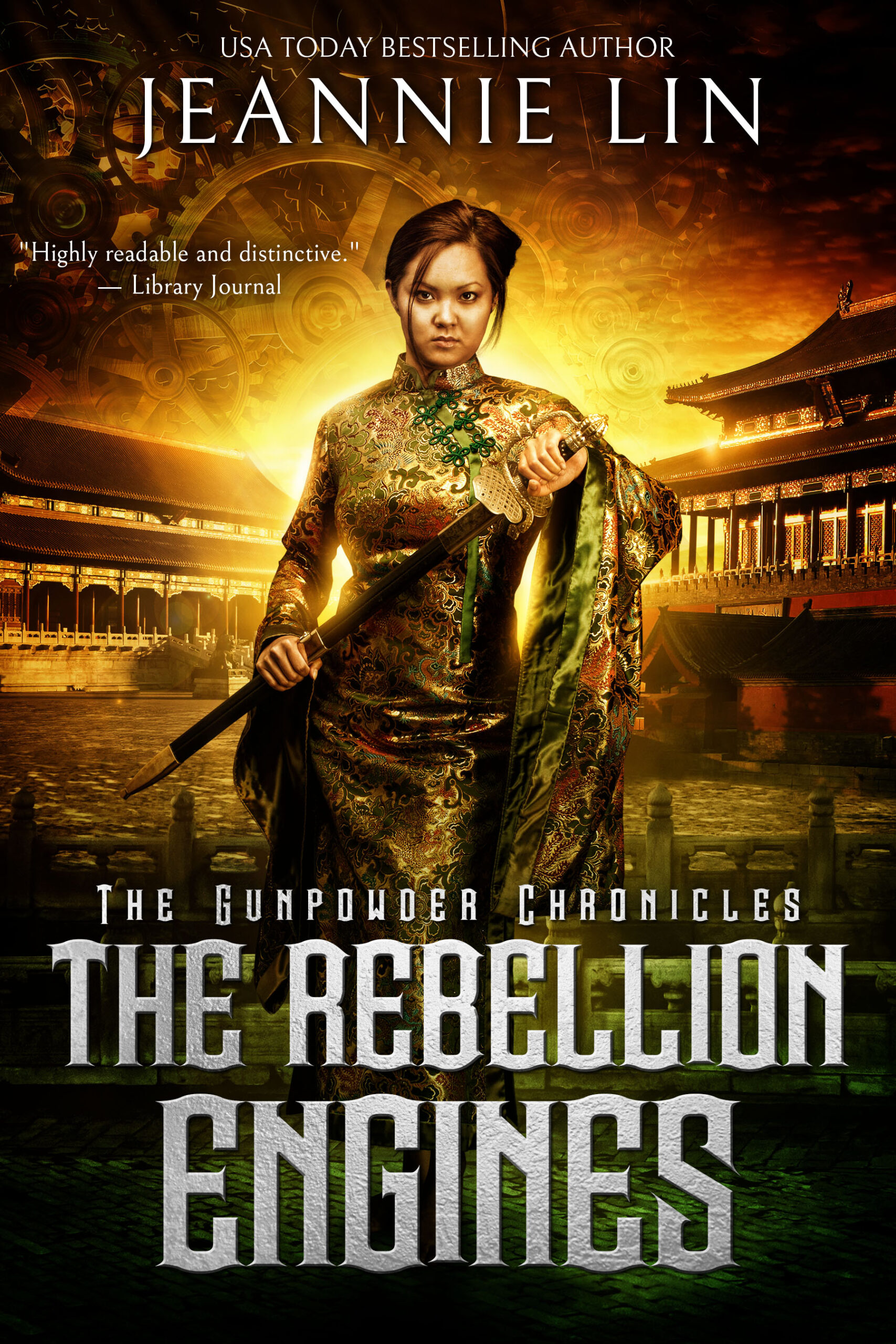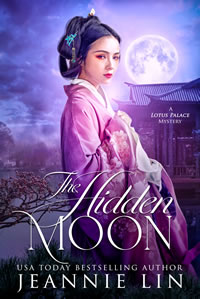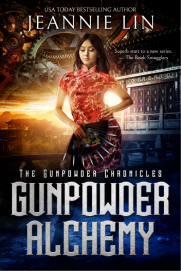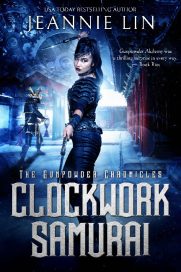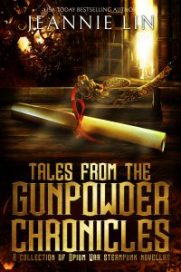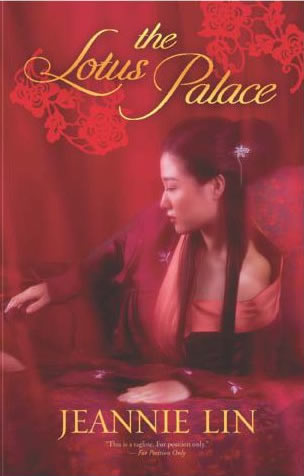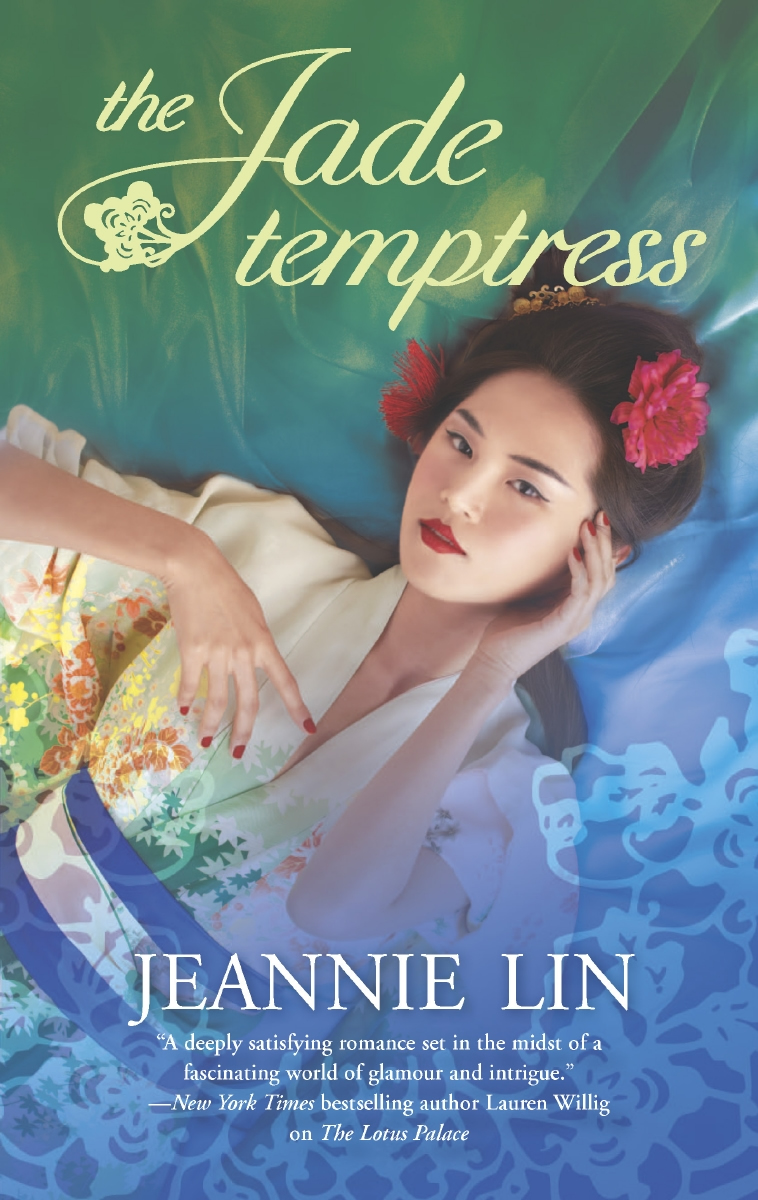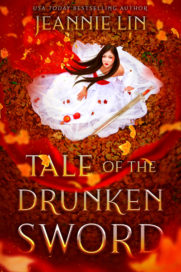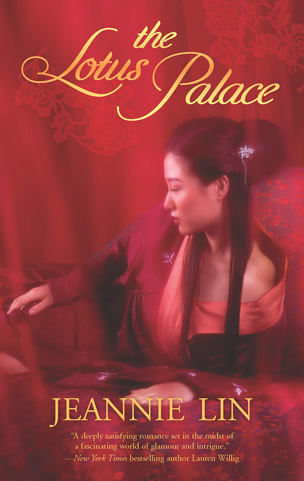Stop the presses, Jeannie is writing a blog post!
Hmmm….will there come a time in the near future when peeps won’t know what “stop the presses” even means? There are no presses to stop in the digital media world.
I just got off of my first writing strike, though my writing buddy and talker-off-of-ledges Bria Quinlan claims it was not a writing strike and more like a break between books. But I tell you that it WAS a writing strike and the best thing ever.
I didn’t write for TEN whole days. More to the point, I refused to write for ten days. There was no nagging feeling of “I should be writing” or “I have to write, this next book is due in February” or worst, “OMG, I have to write, but I have no time, energy, brain cells left.”
You see, after turning in the last book, I stoically opened the next WIP and started writing the next book. Just like a career writer does. Just like Stephen King describes in On Writing. Just like a gal who has three more books on contract needs to do. Everything I was writing felt like crap, but that’s okay. It always feels like crap and I’m a reviser anyways. I’ll fix it in revisions.
But something felt different. I could feel it in my fingers…I felt it in my toes. And writing or the drive to write is such a psychological, angsty and neuroses-filled endeavor that you have to trust your feelings. My feeling inside that I just couldn’t shake was that I was empty and every word that I touched would come out bland because you just can’t pretend to be creative and clever when you’re not. (Wow, this last story was uninspired, but maybe no one will notice….)
The writer I am with every new book needs to be at least a little stronger, wiser, riskier or something more than the last and it wasn’t happening. And the reason was because I had been listening to nothing but my own stories, stuck in my own head too long. There were no outside outputs to feed it. Heck, I don’t even watch TV outside of The Walking Dead, Top Chef and Cardinals baseball. (*sigh* Cards. We had a good go of it this year.)
So I took writing off the table and just read. I started picking through my TBR, all the books I wanted to read for so long, but just couldn’t find the time. I needed to enjoy someone else’s ideas, be in someone else’s head, savor someone else’s words so my head wasn’t so boringly me anymore.
Here was my awesome reading list. I just finished my last one — Horde by Ann Aguirre which I pre-bought and planned to read at the end of my strike. I loved reading these stories and I highly recommend going on writing strike if the words aren’t coming.
And to Bria — I know ten days isn’t a lot, but writing strike is a state of mind. At least that’s what I’m telling myself. It’s my head, I’ll mess with it the way that I want. 🙂
My writing strike reading list with my one line reviews:
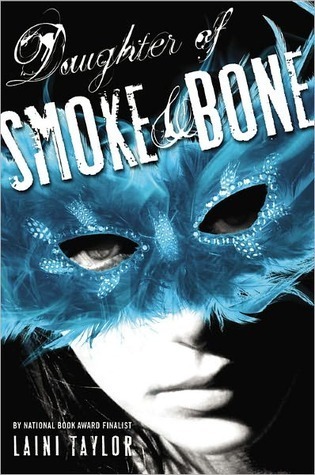   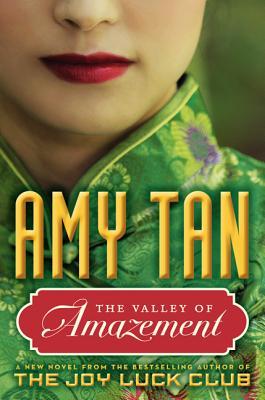 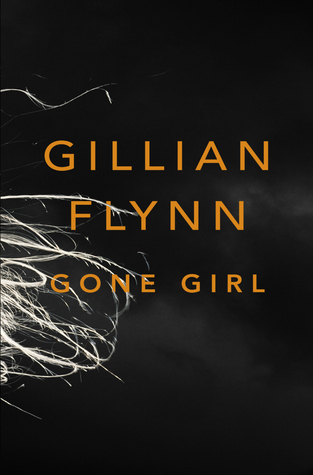 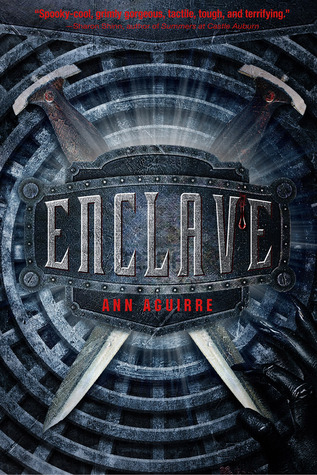 |
Daughter of Smoke and Bone by Laini Taylor
This book clicked on so many levels: delicious prose, breathtaking worldbuilding, amazing characters–I hate you Laini Taylor because I loved this book so hard.
The Angel by Tiffany Reisz
Mistress Nora said in Book 1 that erotica is sex plus fear and I definitely agree with this book which pushed boundaries for even a hardcore erotic reader like me.
Outpost by Ann Aguirre
I loved revisiting Deuce and Fade in Topside as they learn how to adapt to civilization and this book is shaping the series up to be EPIC.
The Valley of Amazement by Amy Tan
A novel of courtesan houses and Westerners immersed in Chinese culture instead of vice versa which went through several story-telling perspectives and devices, some which worked and some that didn’t for me. But it’s Amy Tan so I cried buckets and hugged my daughter and missed my mum.
Gone Girl by Gillian Flynn
A twisted little tale that had me so hooked by the time things started going a bit crazy and left me very unsettled.
Horde by Ann Aguirre
Ms. Aguirre, you promised an epic and YOU DELIVERED BIG TIME as I was completely riveted by this conclusion which tied everything up and made me weep and worry and sigh at the end.
So even though it’s November and NanoWriMo time, if the writing isn’t coming, I highly recommend going on strike. As Stephen King states in On Writing: “If you don’t have time to read, you don’t have the time (or the tools) to write. Simple as that.”


